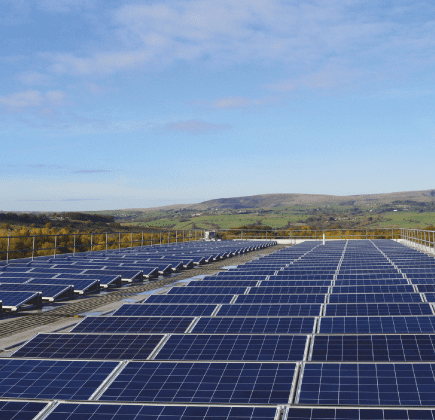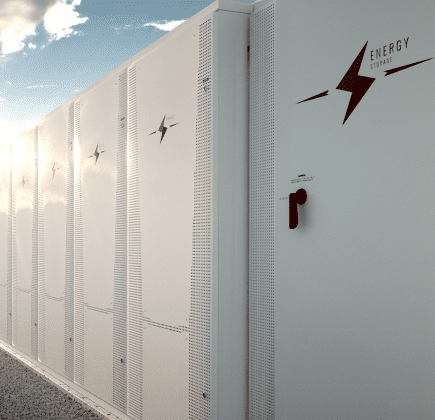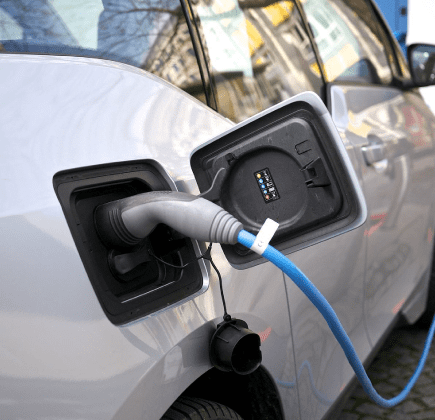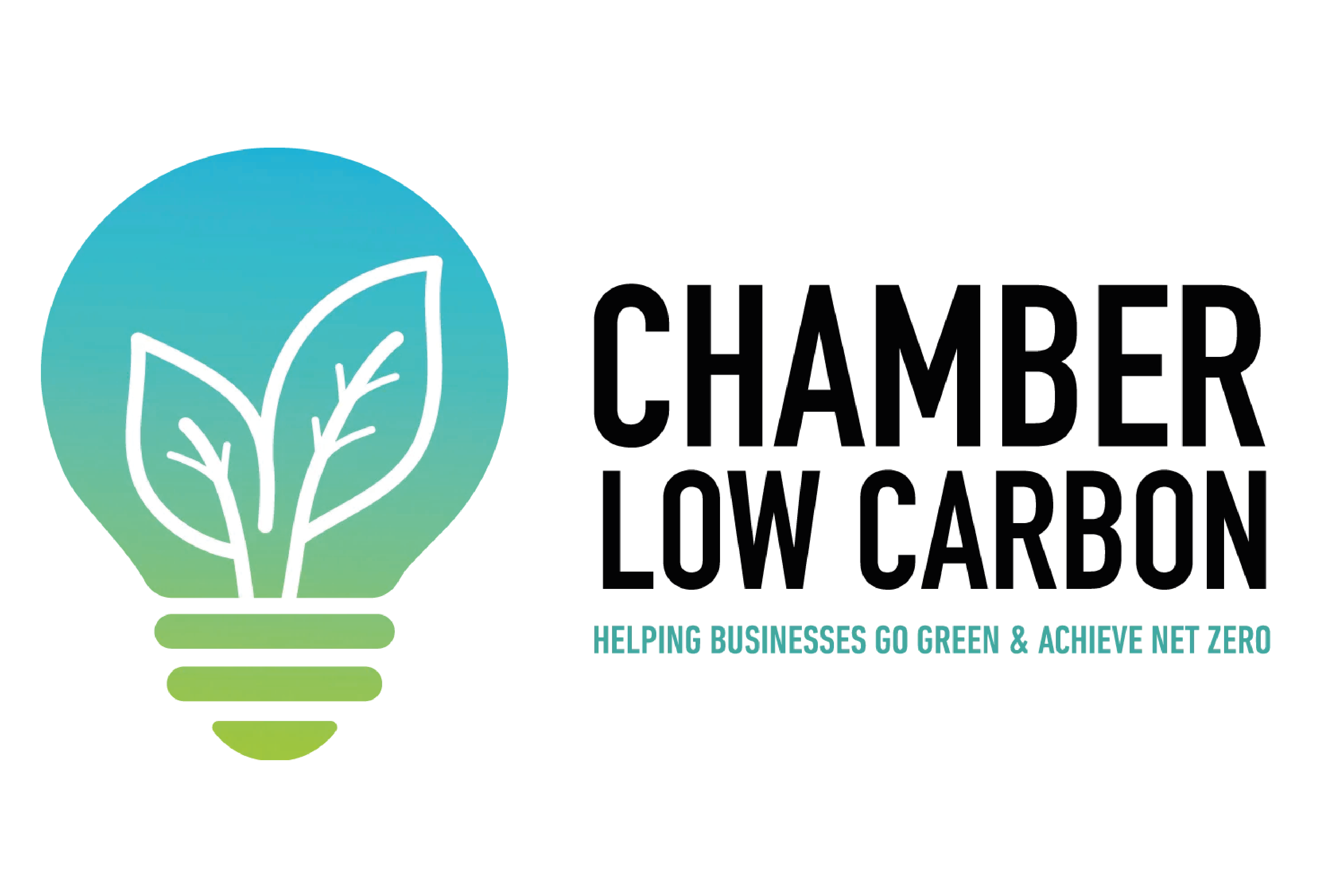
Why is the government’s new Net Zero strategy so controversial?
The government’s Net Zero strategy has finally been released this week, arguably long overdue. The Committee on Climate Change, for example, has been pushing the government for most of the year to finish and release the strategy, pointing out that waiting any longer will make the costs of necessary action even higher. Now, with less than two weeks to go until COP26, the government has outlined a broad, multi-pronged strategy that outlines how the nation will decarbonise in order to reach Net Zero by 2050 at the very latest.
The entire document is 368 pages in total, and outlines how spending will be prioritised to deliver job growth while at the same time reducing the emissions from transport, power, heavy industry and more. (We’ve been doing our fair share in those sectors ourselves here at Low Carbon Energy, largely through the design and installation of commercial solar panels!)
The reaction so far, it’s safe to say, has been mixed. Some say that it provides ‘much needed clarity’ for businesses and industry, whereas others note that it falls far short of the drastic action required to achieve Net Zero. So, let’s take a brief look at what’s in it – and why not everyone is impressed.
What’s in the UK’s Net Zero strategy?
As laid out by the Guardian, here’s a quick summary of some of the key policies contained in the strategy:
• Ending the sale of new petrol and diesel cars and vans by 2030
• Powering the UK entirely by clean electricity by 2035
• Investment in hydrogen production
• 10% sustainable aviation fuel by 2030
• Financial support to encourage the switch from boilers to heat pumps
• Triple the woodland creation across England
It’s now been almost six years since the formation of the Paris Agreement. Since then, the importance of climate change action has only grown on the global stage. Back in 2015, it seemed almost absurd that three quarters of the world’s economy would be covered by Net Zero targets, but nonetheless, that’s the state we live in today.
The policies outlined in the strategy are, to some extent, a crystallisation of those changing attitudes. Notably, it also largely follows the official advice of the CCC, and it’s worth remembering that since the 10 Point Plan was unveiled in November last year, the government has introduced more than £26 billion in capital investment for green initiatives.
The policies relating to energy and transport are two of the sectors attracting particular attention, at the moment, especially since so many households and businesses are faced with the realities of the rising cost of living this winter. Such policies include the expansion of electric vehicles (including a greater focus on boosting the network of charging points), and the investment of new technologies like hydrogen, the £120 million investment towards the creation of at least one nuclear power station, and further growth to renewables like offshore wind (in which we’re currently a world-leading power).
There’s also plenty of discussion around the government’s plans to install low carbon heat pumps as part of a £3.9 billion plan to decarbonise heat and buildings, including a £450 million three year boiler upgrade scheme. The idea is for these investments to provide the UK with security and stable prices for years to come, shielding the public from experiencing the likes of the current price rises that so many are struggling with this winter.
However, as ever, there’s a catch – government sources have indicated that taxes might need to rise to support the move. The Treasury released its own Net Zero Review Final Report on Tuesday the 20th of October, which, among other things, highlighted that the government would likely lose the £30 billion a year it currently earned in tax revenues from fossil fuel duty. Notably, the Chancellor of the Exchequer Rishi Sunak made no comment to the press on that review, causing some further concern over the apparent growing rift within the government over green spending.
What’s missing from the UK’s Net Zero strategy?
To summarise again from that Guardian article linked above, the key sticking points for many industry observers are:
• No ambitious plans for insulation
• Sparing commitments on fossil fuels
• Few alternatives presented to car and air travel
• Meat and dairy farming
• Future of fuel duty
Basically, the prevailing view in these quarters is that the plans fall short of what’s required. Labour have pointed out that some key industries haven’t been accounted for – Ed Miliband, the shadow business secretary, has pointed to steel as one example. It’ll cost about £6 million for the steel industry to reach Net Zero within the next 15 years, but the strategy makes no explicit mention of the sector.
Questions have also been raised about the government’s claims that its strategy will support up to 190,000 jobs by 2025, and up to 440,000 jobs by 2030, while leveraging up to £90 billion of private investment by that same year. Crucially, it turns out that this 440,000 figure doesn’t refer to newly created jobs, but also encompasses those that undergo a natural transition. That includes, for example, employees currently working in car plants who will ultimately end up switching to work on electric vehicles. So how many actual new jobs will be created is still a matter of some debate.
The financial aid for heat pumps has also been described as inadequate, chiefly because of insufficient funding. The Conservative thinktank Bright Blue has called it “a plan which is a welcome start, but doesn’t yet meet the scale of the challenge.” A source of similar concern is the plan on how to insulate Britain’s draughty homes, given the high-profile failure of the green homes grant programme earlier this year.
Clear room for improvement
There are also worries about the focus the Strategy seems to be giving on carbon capture and storage, given that this is still an early stage technology, and we may be in danger of over-reliance on it. There’s also the awkward reality that alongside this, the government is continuing to expand the fossil fuel industry by granting new licences for oil and gas exploration, which many see as running in direct contradiction to its green promises.
In the words of Kevin Anderson, a professor of energy and climate change at the University of Manchester: “Remove the reliance on other nations offsetting our emissions and today’s children deploying ‘negative emission technologies’ to suck our CO2 out of the atmosphere, and the UK’s total carbon budget is more in line with 2.5-3C of warming than 1.5-2C.”
The lack of focus on meat and dairy consumption in the UK has also been highlighted by campaigners, including Rebecca Newsom, the head of politics at Greenpeace.
“This document is more like a pick and mix than the substantial meal that we need to reach net zero. Extra cash for tree planting and progress on electric vehicles doesn’t make up for the lack of concrete plans to deliver renewables at scale, extra investment in public transport, or a firm commitment to end new oil and gas licences. There are only half-hearted policies and funding commitments to decarbonise our draughty homes at the speed necessary, and it fundamentally fails to grapple with the need to reduce our meat and dairy consumption to stop global deforestation.”
Whatever your own thoughts on the government’s Net Zero strategy, one thing is for certain – it’s going to remain a prominent subject of debate for quite some time yet, especially given the major changes it heralds to all of our daily lives.
And if you’re already working on your own plan to help your business achieve Net Zero, that’s exactly where we can help here at Low Carbon Energy. Here at Low Carbon Energy, our experts have over 30 years of combined experience, having helped SMEs and large corporations across a wide variety of sectors transform their business’ energy supply.
Each of our installations is bespoke, and we tailor your solution on your specific energy profile, helping us to maximise carbon reductions and save you up to thousands of pounds in energy bills. Feel free to look at our case studies for just a few examples of businesses which have reaped huge rewards from solar, such as Boeing and Allertex. To find out how we can help you, feel free to give us a call today on 01282 421 489!
 Energy Technology
Energy Technology

Powering your present. Preserving your future.
Call us on 01282 421 489

strategy be a priority?










